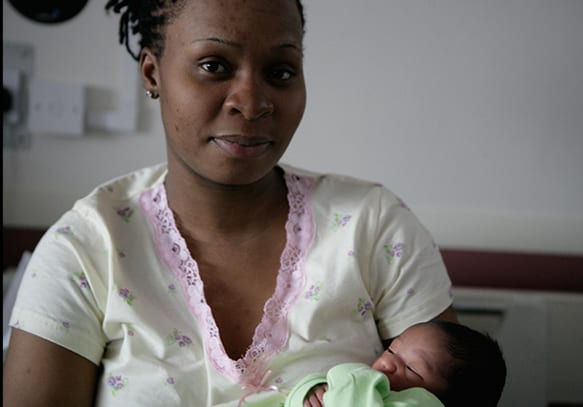Do you need help?
Information on this website, in other languages and formats
This website has ReachDeck installed (a digital inclusion toolbar from Texthelp).
ReachDeck can translate text into 99 languages and read text aloud in 40 languages and can make text more accessible too.
Try it out for yourself…Click on the orange ‘speak’ button that you can see at the top of the website page on the left. This will launch the ReachDeck toolbar along the top of the page- which if you click on the icon ![]() in the toolbar, it will allow you to select a language and will convert all the website into that language. If you want it to read that language out loud press the
in the toolbar, it will allow you to select a language and will convert all the website into that language. If you want it to read that language out loud press the ![]() icon.
icon.
To find out more about all the ReachDeck features please see here: ReachDeck information and help page
Feelings, emotions and mental wellbeing during pregnancy
Becoming pregnant can feel quite scary, you may be pleased to be pregnant, it may have been planned or may be more of a surprise.
The initial weeks and months of pregnancy are a time of significant psychological change for both you and those close to you (father of child/partner/family/friends).
Your thoughts and emotions may change from feeling excited and happy to negative feelings of worry, anxiety. These changing feelings are normal and can depend on a variety of factors: you may be feeling sick or vomiting or have other unpleasant symptoms like not being able to sleep or feeling extremely tired.
The 1 minute video below from Tommy’s mentions why it’s good to think about your mental wellbeing during pregnancy.
Other factors may also affect how you feel such as:
- changes in the way antenatal care is being delivered right now,
- having to stay at home protecting the health of you your baby & your family,
- pressure from work,
- caring for other children,
- relationship difficulties,
- financial worries
- or something else, that may seem quite small, but is something that is really troubling you.
If you feel you may need a little support or a lot, the video below, explains that you are not alone, services are here to support you.
Click through to find out more, and for resources about feelings, emotions and mental wellbeing during pregnancy:
Domestic Abuse
Domestic abuse can be physical, sexual, emotional, psychological (including gas lighting and coercive control), online or financial and is often a combination of these types. Pregnancy can be a time of increased risk of domestic abuse, and existing abuse may get worse during pregnancy or after giving birth.
This short video clip explains why we ask about domestic abuse during pregnancy.
Everyone has the right to live free from fear, violence and abuse.
Speak to your midwife, health visitor, doctor, national domestic abuse support line on 0808 2000 247 or if you are in immediate danger call 999 and ask for the police.
For further details of support and information on domestic abuse, see below:
Pregnancy, Birth and Parenthood after Childhood Sexual Abuse
The effects of childhood sexual abuse can last a long time and having a baby can be a particularly difficult time. If you have been abused, please do speak to your midwife.
You may also find it helpful to view the online resource which aims to help women who have experienced childhood sexual abuse to prepare for pregnancy, birth and parenthood. It shares real-life experiences of pregnancy, birth and parenthood and has been created through the collaboration of women who have experienced child sexual abuse, midwives and researchers.
There is more information about the online resource at The Survivor’s Trust and you can access the resource directly through the button below:
Online Resource – Pregnancy, Birth and Parenthood after Childhood Sexual Abuse
There is a helpline available: 08088 010818
Birth Trauma
Birth trauma like any traumatic event in our lives, can lead to post traumatic stress disorder symptoms. It may make it difficult to bond with your baby. You may find you get symptoms triggered about your birth experience by seeing others who are pregnant, other babies or certain television programmes such as One Born Every Minute.
Birth Trauma can affect mothers, birthing people as well as birthing partners too. It can affect people in different ways at different times. Speak to your midwife, health visitor or GP about your thoughts and feelings. They are there for you.
To find out more about birth trauma and help options available you may want to view the following resources and websites:






